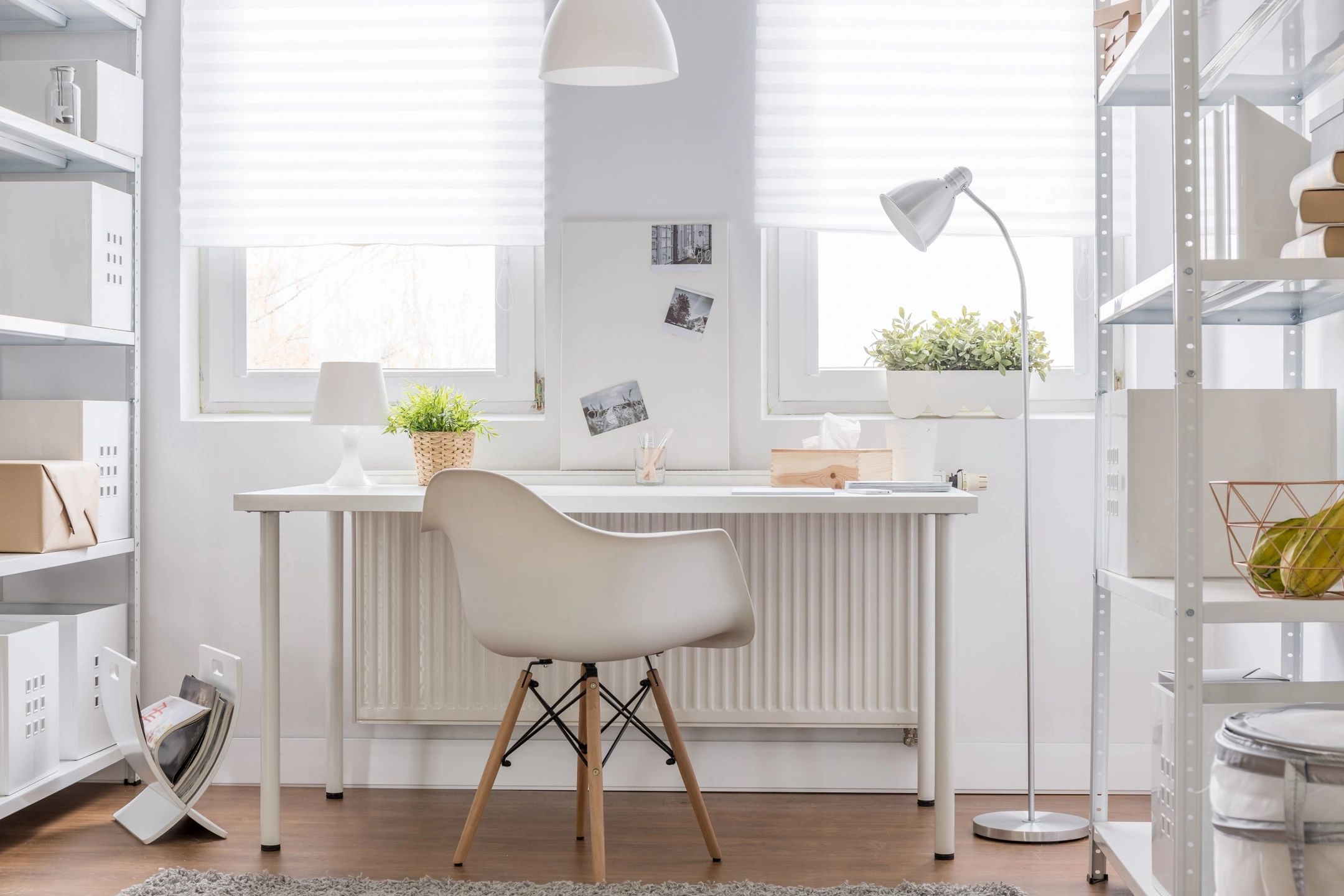Understanding Occupancy Expenses and Working from Home

The shift to working from home during the COVID-19 pandemic has led many taxpayers to question the extent to which they can claim deductions for home office expenses. One area of confusion involves occupancy expenses, such as rent, mortgage interest, and home insurance, particularly when a specific area of the home is used exclusively for work. This article explores the Australian Taxation Office‘s (ATO) stance on claiming occupancy expenses for home office spaces and outlines the criteria necessary for such deductions under Australian tax law.
Working from Home During COVID-19
The COVID-19 pandemic drastically changed the way many people work. Government-mandated lockdowns and safety precautions meant that a significant number of employees, including essential workers, were required to perform their duties from home for extended periods. For some, this involved setting up a dedicated home office space, often using a spare bedroom or other room in the house exclusively for work purposes.
Can You Claim Occupancy Expenses?
A common question that arises from working from home is whether occupancy expenses related to the home office can be claimed as a tax deduction. Under section 8-1 of the Income Tax Assessment Act 1997 (ITAA 1997), taxpayers can claim deductions for losses or outgoings incurred in generating assessable income, provided these outgoings are not of a capital, private, or domestic nature.
However, the ATO’s interpretation of these rules is specific. According to Paragraph 13 of Taxation Ruling TR 2020/1, for an expense to qualify as a deduction, it must be incurred “in the course of” producing assessable income. This means that the expense should be directly related to the income-generating activity and not merely connected with or for the purpose of earning income.
Home-Related Expenses: Private and Domestic in Nature
Taxation Ruling TR 93/30 further clarifies the distinction between private/domestic expenses and those incurred for business purposes. Generally, home-related expenses, such as rent or mortgage interest, are considered private or domestic and are therefore not deductible under section 8-1 of the ITAA 1997. However, an exception exists if a part of the home is deemed to have the characteristics of a place of business rather than a private study.
COVID-19 Specific Guidelines for Deducting Home Office Expenses
Practical Compliance Guideline PCG 2020/3 provides additional context for taxpayers working from home during the COVID-19 pandemic. The guideline addresses the deduction of additional expenses incurred due to working from home, such as electricity, internet, and office supplies. However, it maintains that occupancy expenses are only deductible if a specific part of the home qualifies as a place of business.
Criteria for a Place of Business
For an area of the home to be classified as a place of business, it must meet certain criteria, as outlined in TR 93/30:
- Identifiable as a Place of Business: The area must be clearly distinguishable as a place of business, separate from the rest of the home.
- Unsuitable for Private Purposes: The space should be inappropriate for private or domestic use.
- Exclusive Business Use: The area should be used almost exclusively for business activities.
- Regular Client or Customer Visits: The space should be regularly used for meetings with clients or customers.
Even if a taxpayer has a dedicated home office space that meets some of these criteria, the ATO’s ruling may still determine that the space does not qualify as a place of business. In a recent ruling, the ATO concluded that a taxpayer’s home office did not meet the necessary criteria, primarily because the taxpayer’s employer provided a suitable workplace, and the requirement to work from home was considered temporary. Additionally, it was not an inherent requirement of the taxpayer’s job to maintain a place of business at home.
ATO Ruling on Occupancy Expenses
Based on these considerations, the ATO ruled that the taxpayer in question was not eligible to claim a deduction for occupancy expenses related to their home office space under section 8-1 of the ITAA 1997. The ruling emphasizes that unless a home office space can be clearly defined as a place of business—meeting all the relevant criteria—occupancy expenses cannot be deducted.
Key Takeaways for Taxpayers
For taxpayers who have been working from home, it is crucial to understand the limitations on claiming occupancy expenses. While certain costs related to working from home, such as utilities and office supplies, may be deductible, more substantial expenses like rent or mortgage interest are generally not deductible unless the home office qualifies as a place of business.
If you are unsure about your eligibility to claim deductions for your home office, it may be beneficial to consult with a tax professional or refer to ATO guidelines and rulings.
Understanding the nuances of tax deductions for home offices can help you make informed decisions about your tax returns and ensure compliance with Australian tax laws.
Feel free to reach out to a member of the MaxGrowth team on 02 9267 4468 or contact@maxgrowth.com.au
Disclaimer: The following article provides general information and should not be considered as professional financial or legal advice. For specific advice regarding your business, consult with a qualified professional.

